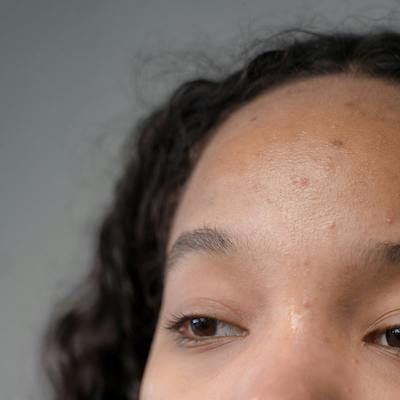Article
Patrick Burnett, MD, PhD: Pipeline Progress of VP-102 for Molluscum Contagiosum
Author(s):
Following the completion of 2 pivotal trials, a new drug application for VP-102 will be submitted later this year.
There are currently no FDA-approved treatments for molluscum contagiosum, even though it is a fairly common viral skin condition. The raised bumps caused by a poxvirus usually disappear without treatment in 6-12 months, according to the Centers for Disease Control and Prevention, but may take up to 4 years.
The CAMP 1 and 2 studies of VP-102—an investigational treatment for molluscum contagiosum—found that participants given the topical treatment reached complete clearance of lesions at rates of 54% and 46% compared to 13% and 18% for those treated with placebo.
Patrick Burnett, MD, PhD, Chief Medical Officer of Verrica Pharmaceuticals and an investigator on the trials, spoke with MD Magazine® about the data at the 2019 Annual Meeting of the American Academy of Dermatology (AAD) in Washington, DC.
Based on the strong safety and efficacy results from the 2 trials, Burnett said that they will submit a New Drug Application (NDA) to the FDA in the second half of 2019.
The presentation, “CAMP-1 (Cantharidin Application in Molluscum Patients) and CAMP-2: Phase 3, Randomized, Double-Blind, Placebo-Controlled, Pivotal Studies Investigating VP-102,” was given at a late-breaking session at the AAD Annual Meeting on Saturday, March 2, 2019. Here are part 1 and part 2 of Burnett’s interview with MD Mag.
Where is VP-102 at on the path toward FDA review?
So, based on the results that we have in CAMP 1 and CAMP 2—and again these were the pivotal studies for our submission to the FDA—we're going to move forward with a new drug application (NDA) to the agency in the second half of this year. And then that will undergo a review and then, based on the FDA response, would potentially be approved after that.
If approved, what would VP-102 as a treatment option mean for clinicians?
So, I'm a dermatologist by training and one of the hardest things to do as a doctor is to see a patient where you don't really have treatment options that you think are well-suited for those patients. Right now, there are no FDA-approved treatments for patients with molluscum contagiosum and so, this will potentially be the first approved medication.
What that means is that doctors will really have a good understanding of both the efficacy—so what can patients expect with regard to clearance of their lesions—as well as the safety of the drug. And that really helps with that conversation when you have it with a patient, so that you can give them a clear understanding, because we have rigorously conducted clinical trials that tell you what a patient will expect as they move through the treatment regimen.





